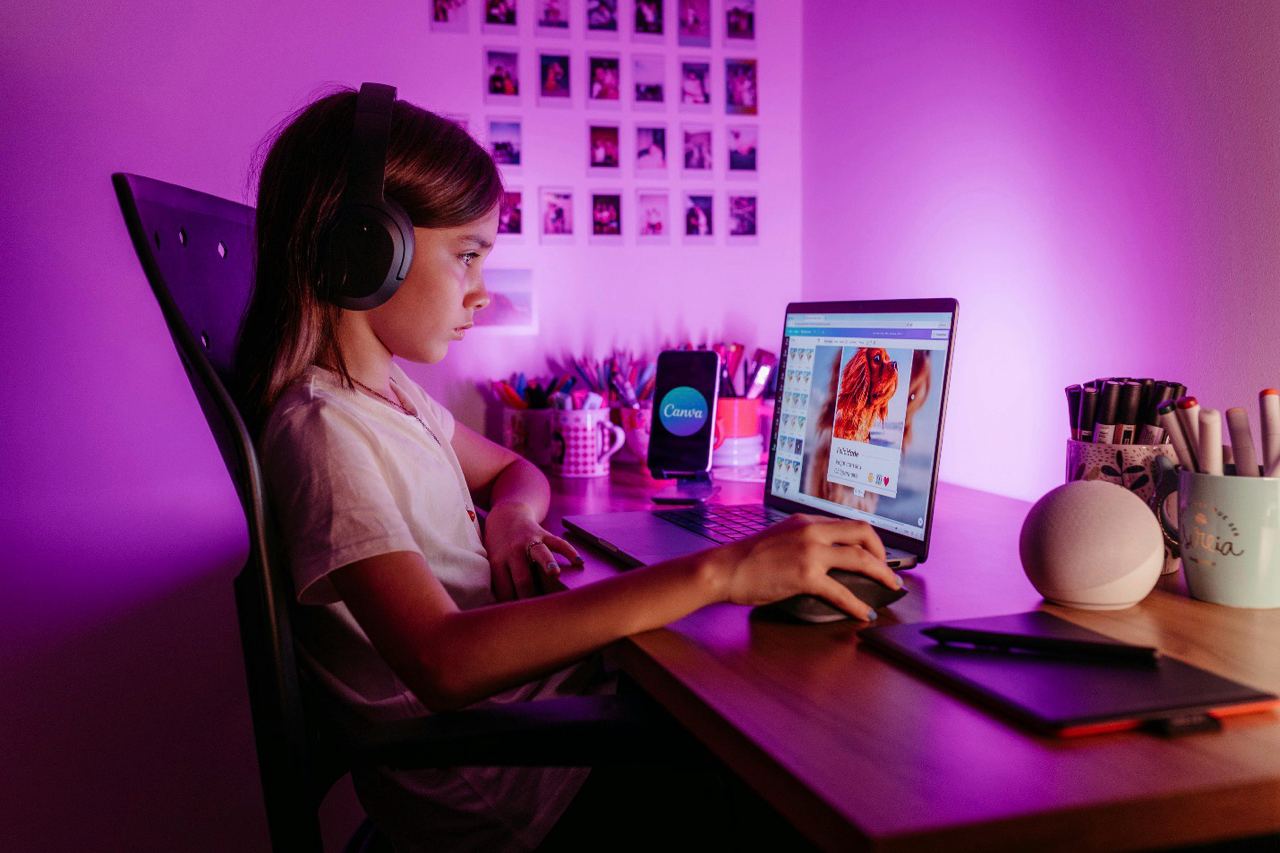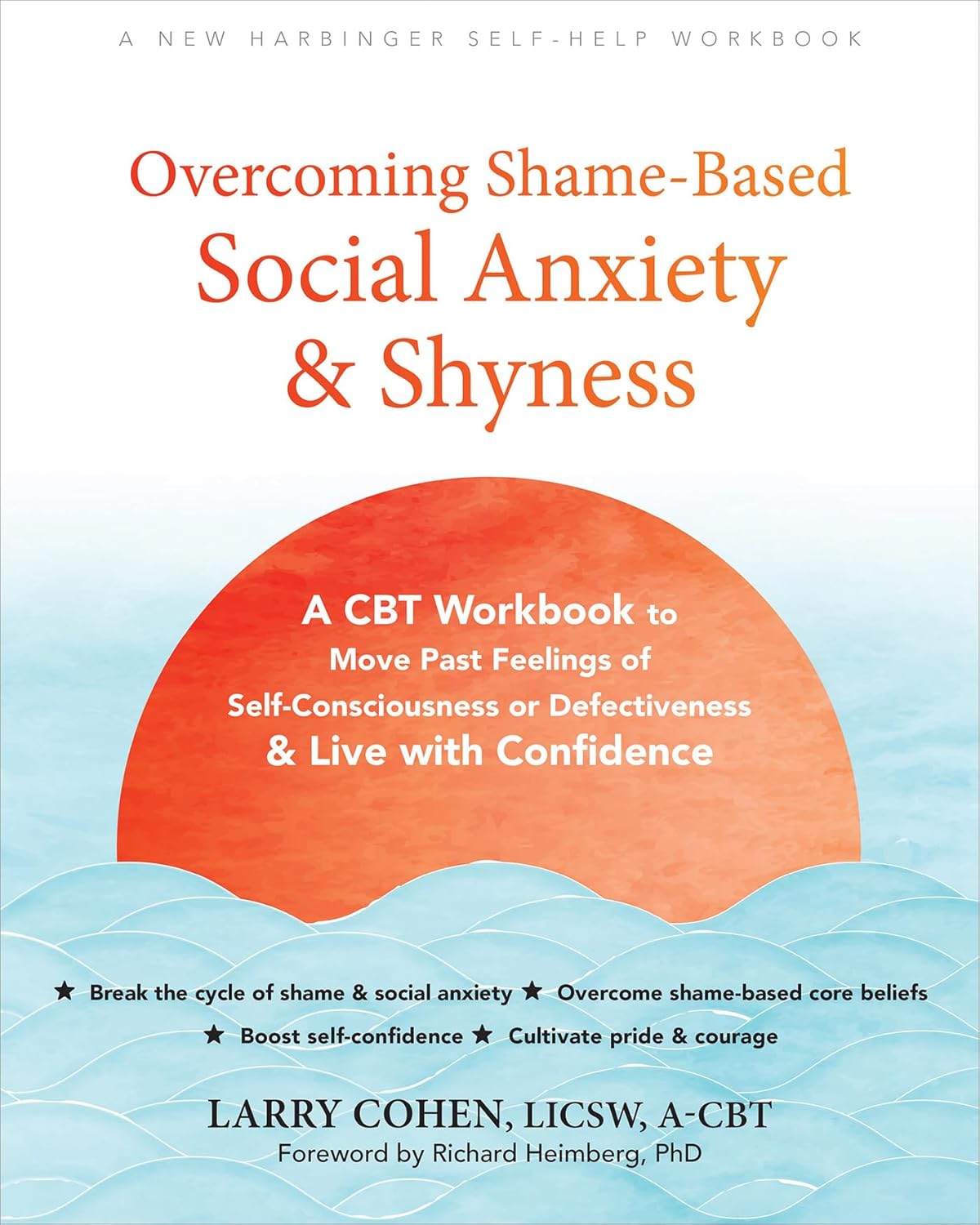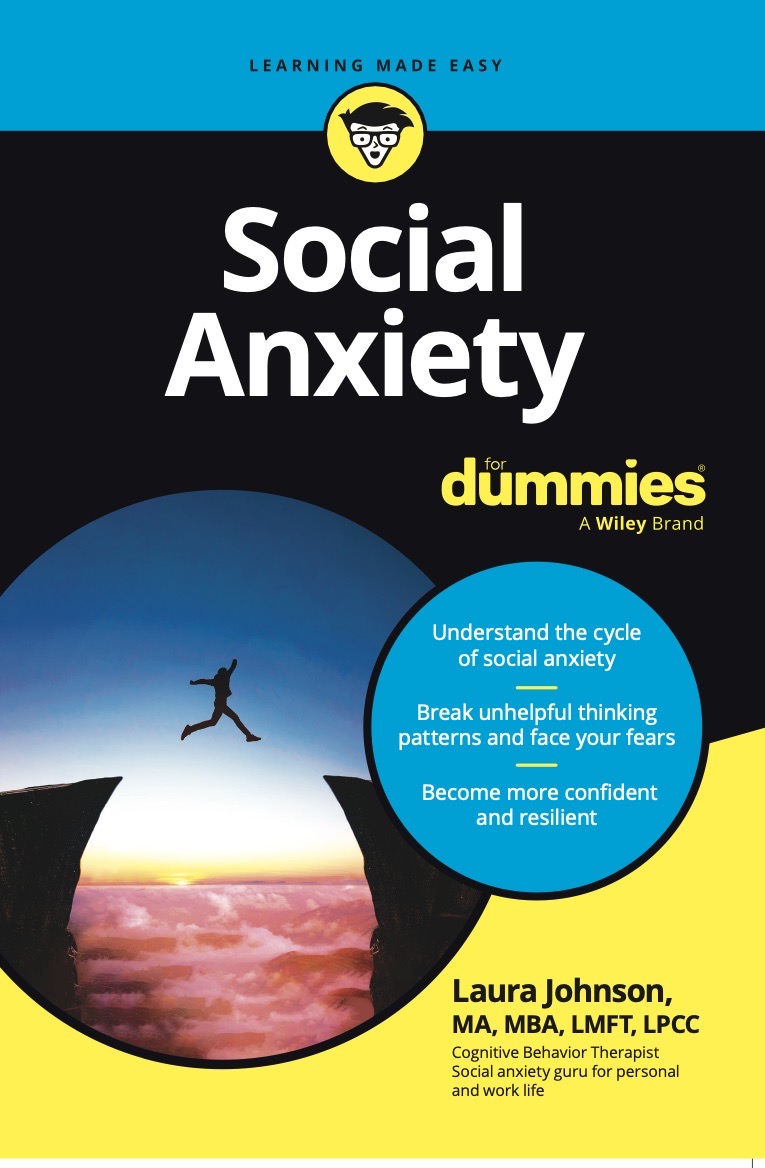Children’s screen time has risen dramatically in recent years and their social media use has skyrocketed along with it. It isn’t uncommon for today’s adolescent to check their social media feeds more than a hundred times over the course of a day. As a result, mental health experts are seeing more and more young people struggling because of all this tech. It’s like we’ve given kids the keys to a shiny new car, but have failed to teach them how to drive it safely.
The Impact on Social Anxiety
One of the most concerning effects of excessive screen time is its impact on children’s social skills and anxiety levels. With more and more hours spent glued to screens, kids are missing out on vital opportunities for face-to-face interaction. Social skills are formed through real-life experiences like making eye contact, reading body language, and understanding social cues. When children are engrossed in their screens, they miss out on these crucial moments.
In addition, kids who spend excessive time on screens often struggle with social interactions. They may feel uncomfortable in social settings and be unsure of how to initiate or maintain conversations. This discomfort can lead to avoidance behaviors, where children prefer the safety of their digital world over the unpredictability of real-life social encounters.
Constant Social Comparison
To make matters worse, social media can amplify this discomfort by creating a constant comparison with others. Children may see idealized versions of their peers’ lives, leading to feelings of inadequacy and low self-worth. This reinforces their belief that they are not good enough, which is a core component of social anxiety disorder.
A child with social anxiety may struggle to make friends, participate in group activities, or even speak up in class. And, the longer these behaviors persist, the more difficult it becomes for the child to break out of the cycle of anxiety and avoidance.
Cyberbullying and Online Harassment
While the digital world has many positives, it has also opened up new avenues for bullying and harassment. Research has shown that roughly 1 out of every 4 teens experiences cyberbullying, and 1 out of every 6 teens admits to doing it to others. These incidents can lead to low self-esteem and other real-world issues like antisocial behavior, substance use, and even suicide.
For children with social anxiety, the fear of being targeted online can heighten their unease in both online and offline social situations. The potential for anonymous attacks and the permanence of online content can make the digital world feel like an unsafe space, further reinforcing the avoidance behaviors characteristic of social anxiety disorder.
Behavioral Changes and Social Withdrawal

Excessive screen time has also been linked to concerning behavioral changes in children. Many parents have noticed that their children become irritable or withdrawn after long periods of screen use. This is partly because the design of many apps and games is intended to keep users engaged for as long as possible. Children, with their developing impulse control, are particularly susceptible to these tactics.
The need for constant entertainment and stimulation can turn into a compulsive behavior, where kids struggle to disconnect and experience anxiety or discomfort when their screens are taken away. This dependency can lead to social withdrawal, as kids may prefer interacting with their devices over engaging with peers or family members.
Negative Impact on Cognitive Development
Another concerning consequence of excessive screen time is its impact on cognitive development, which can directly contribute to social anxiety.
When kids are constantly exposed to rapid images, sounds, and information, it becomes challenging for them to focus on slower-paced activities that require sustained attention, like engaging in conversations or playing interactive games with peers. This decreased attention span can make it difficult for children to fully engage in social settings, leading them to feel out of place or anxious when faced with real-life interactions.
In fact, the overstimulation provided by screens essentially rewires the brain, making it crave instant gratification. This rewiring can hinder a child’s ability to develop patience and effective communication skills, which are essential for building relationships. Without these skills, children who have social anxiety may feel even more socially inadequate, which can further increase their social avoidance.
Reduced Creativity and Play
When screens take the place of unstructured playtime, children aren’t using their imagination to create games, tell stories, or solve problems. Instead, they are passively consuming content.
Free play, however, is an essential part of childhood. It fosters creativity, problem-solving skills, and emotional resilience. If a child misses out on building these skills because they spend too much time in a cyber-world, they may end up feeling less confident in face-to-face social settings. Furthermore, they might struggle with spontaneous interactions because they haven’t had enough practice using their imagination to navigate social scenarios.
Finding a Healthy Balance

The harmful effects of excessive screen time are real, but there is hope. By setting boundaries and encouraging alternative activities, parents can help their children find a healthy balance. Here are some strategies to reduce screen time and diminish its negative effects:
- Set Consistent Limits: Establish clear rules around when and how screens can be used. Designate specific times, like mealtimes or before bed, as screen-free – or take it one step further and create an entire screen-free day each week.
- Encourage Physical and Social Activities: Make physical activity and social interactions a part of your child’s daily routine. Encourage outdoor play, sports, family walks, and playdates.
- Model Healthy Behavior: Children learn by example. If parents demonstrate healthy screen habits, children are more likely to follow suit.
- Prioritize Face-to-Face Interaction: Create opportunities for your child to engage with others in person. Family game nights, community activities, and shared hobbies are great alternatives to screen time.
- Provide Engaging Alternatives: Offer books, puzzles, arts and crafts, or other activities that encourage creative and critical thinking, while also providing opportunities for social engagement.
The world of screens and social media is complicated, especially for young minds. It’s not about getting rid of technology – that’s not realistic. Instead, finding a balance is key. Technology is not inherently bad, but moderation is essential, especially for children, whose minds are still developing. By reducing screen time and encouraging more meaningful interactions, children can grow up healthier, happier, and better equipped to navigate the challenges of the real world.
If you and your child are struggling with setting limits surrounding digital devices, use NSAC’s search feature here to find a local therapist skilled in cognitive-behavioral therapy (CBT) to help.











